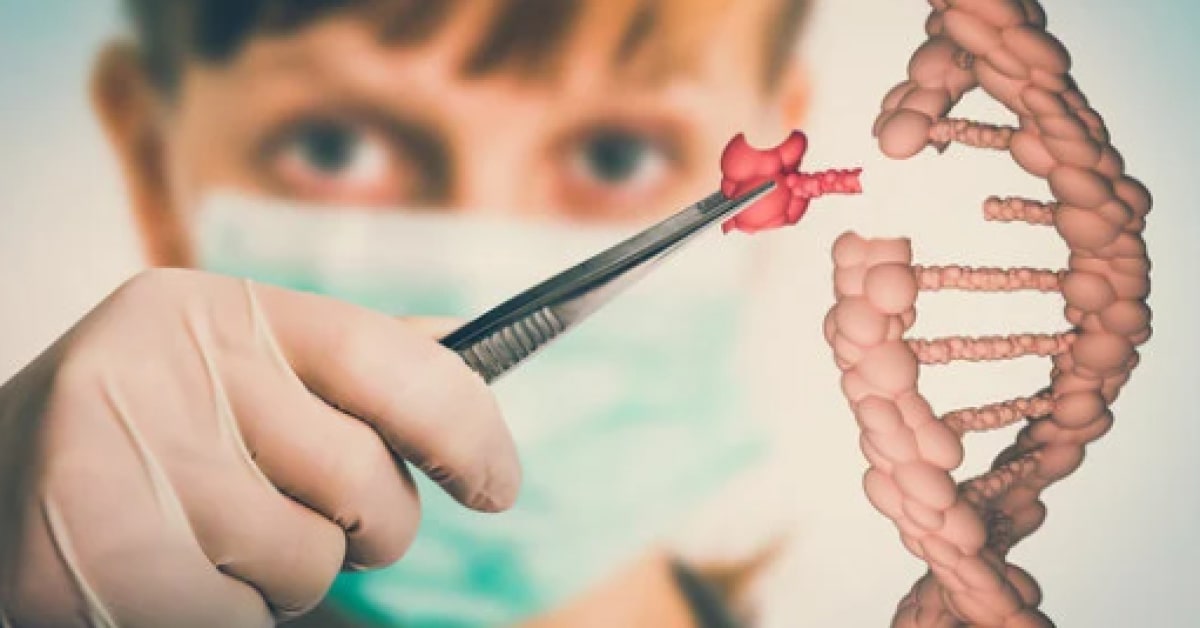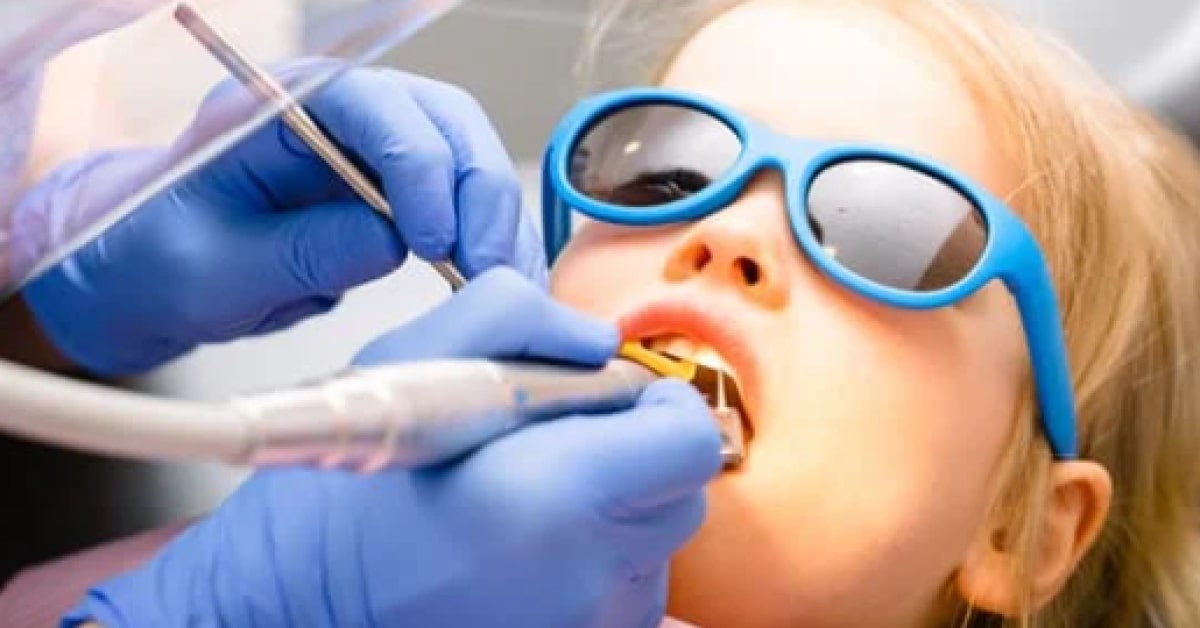Blog
July 10, 2023 • 10 mins readThe Role of Genetics in Dental Health: An Overview
Genetic factors play a significant role in determining an individual's oral health and susceptibility to certain dental conditions and diseases.
Author
Danielle Duncan

In this Article
Dental health is an important aspect of overall well-being, and dental genetics can play a significant role in determining an individual’s oral health. While environmental factors such as diet and oral hygiene practices are also important, genetics can influence susceptibility to certain dental conditions and diseases.
Do Genetics Play a Role in Dental Health?
The resounding answer to this question is Yes! One of the most well-known genetic factors in dental health is the inheritance of malocclusions, or improper alignment of teeth. This can be caused by a number of genetic factors, including differences in jaw size and shape, tooth size, and the number of teeth present. Malocclusions can lead to a range of issues, including difficulty chewing or speaking, jaw pain, and even increased risk of tooth decay and gum disease.
In addition to malocclusions, genetics can also influence the development of dental caries, or cavities. Studies have found that certain genetic variations can increase an individual’s risk for developing cavities, while others may offer some protection. These variations can affect the composition of saliva, which plays an important role in protecting teeth from decay. Additionally, some genetic factors may influence the structure and strength of tooth enamel, making certain individuals more susceptible to cavities.
Periodontal disease, or gum disease, is another dental condition that can be influenced by genetics. Certain genetic variations have been linked to increased inflammation in the gums, which can contribute to the development of periodontal disease. Additionally, genetics may play a role in determining the types of bacteria present in the mouth, which can also affect the risk of developing gum disease.
Genetics can play a significant role in oral health, impacting everything from tooth development and structure to susceptibility to certain conditions. Here are some ways genetics can influence oral health:
1. Tooth structure:
The size and shape of teeth are influenced by genetics, with some people inheriting weaker enamel or smaller teeth that are more prone to decay.
2. Saliva production:
The quality and quantity of saliva can be influenced by genetics, affecting oral health by impacting the body’s ability to fight bacteria and neutralize acids.
3. Gum disease:
Genetic factors can increase the risk of gum disease, which can lead to tooth loss if left untreated.
4. Cleft lip and palate:
These conditions are caused by genetic factors and can impact oral health by affecting the structure of the mouth and teeth.
5. Tooth decay:
There are some genetic causes that make tooth decay hereditary, making it more important to practice good oral hygiene habits.
While the genetics of teeth and the whole mouth can play a role in dental health, it is important to note that environmental factors also have a significant impact. For example, a diet high in sugar and carbohydrates can increase the risk of cavities and gum disease, regardless of genetic factors. Similarly, poor oral hygiene practices like infrequent brushing and flossing can contribute to the development of dental issues.
Despite the influence of genetics and environmental factors on dental health, there are steps individuals can take to maintain a healthy mouth. Regular dental checkups and cleanings are important for preventing and treating dental issues, while practicing good oral hygiene habits like brushing twice a day and flossing daily can help minimize the risk of cavities and gum disease. Additionally, a healthy diet low in sugar and high in nutrients like calcium and vitamin D can help support strong teeth and gums.
Genetics can definitely play an important role in determining an individual’s dental health. Malocclusions, cavities, and gum disease can all be influenced by genetic factors, but environmental factors like diet and oral hygiene practices are also important, controllable factors in oral health decline that can be prevented with proper oral care. By taking steps to maintain good oral health, individuals can help reduce their risk of dental issues, regardless of their genetic makeup.



